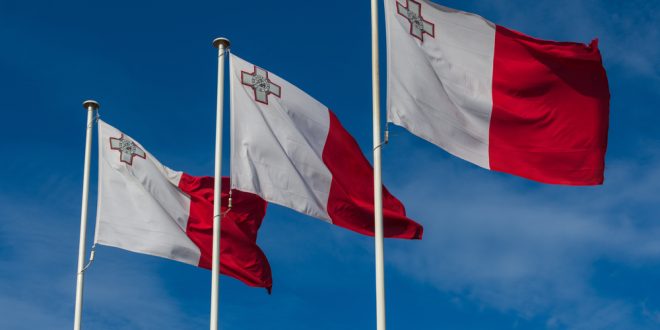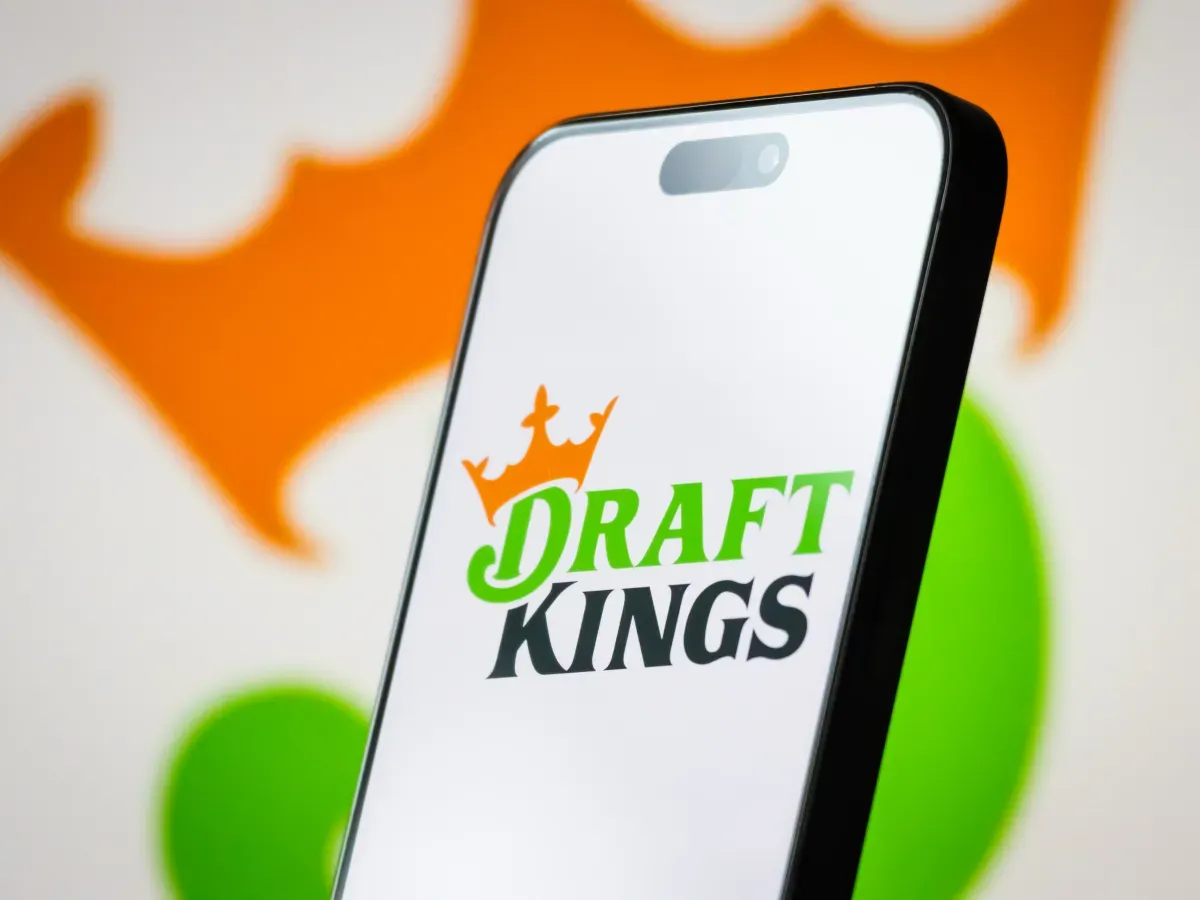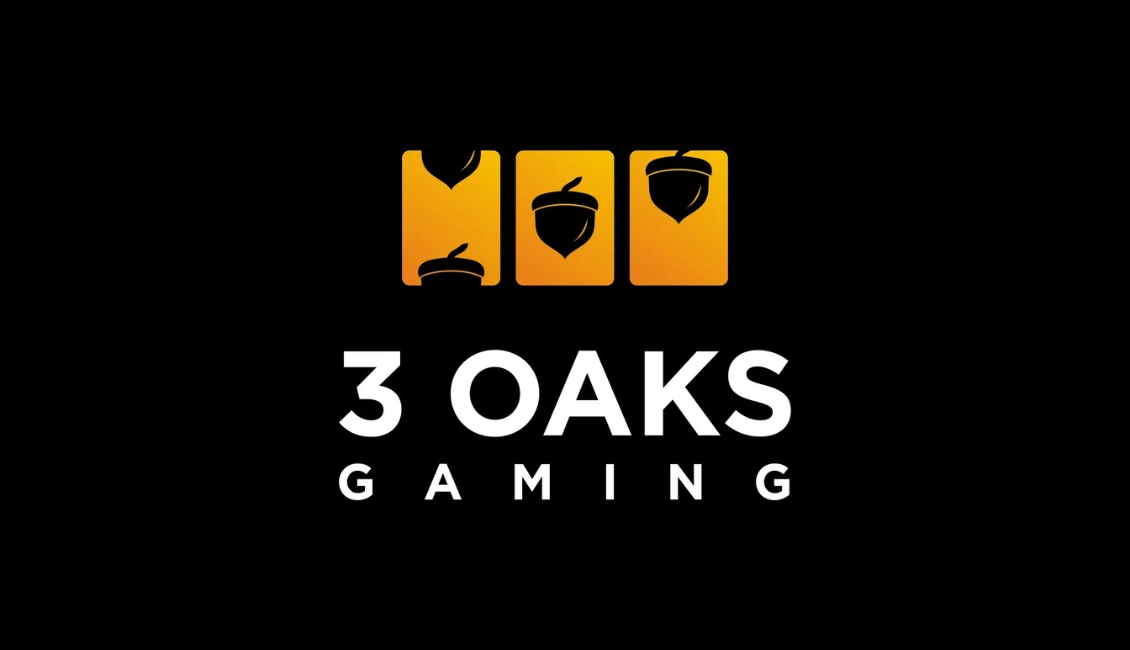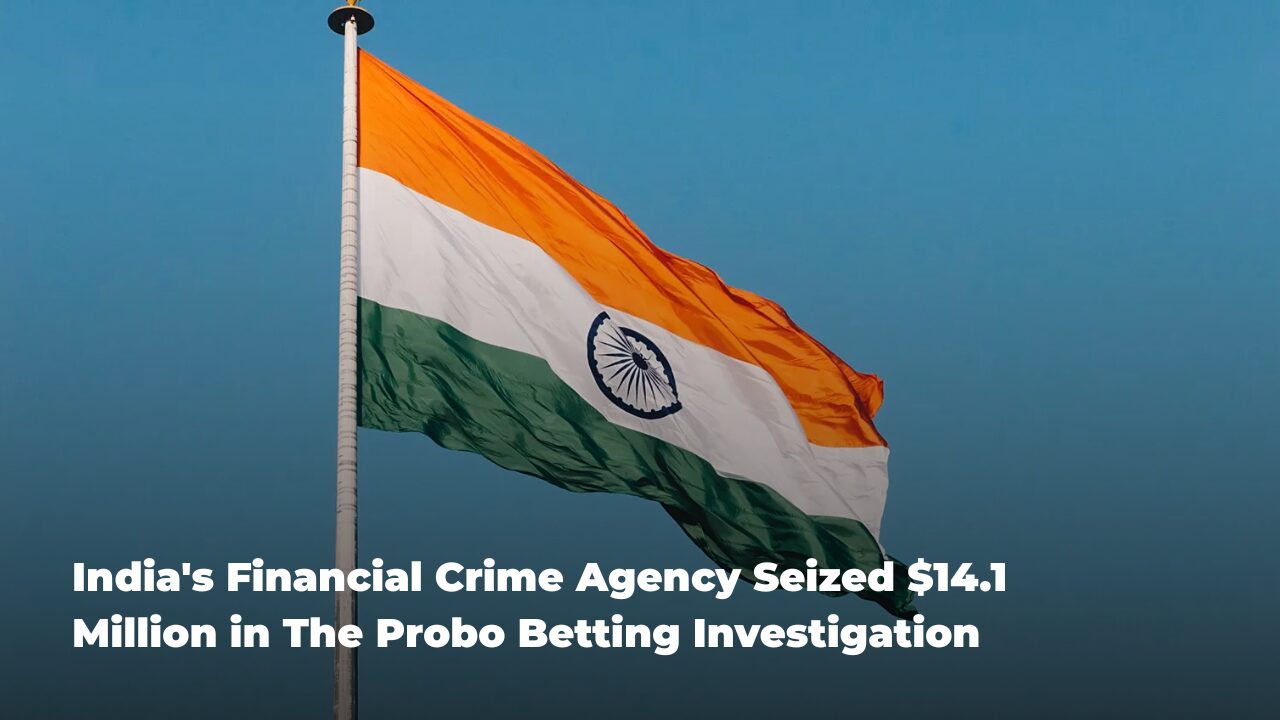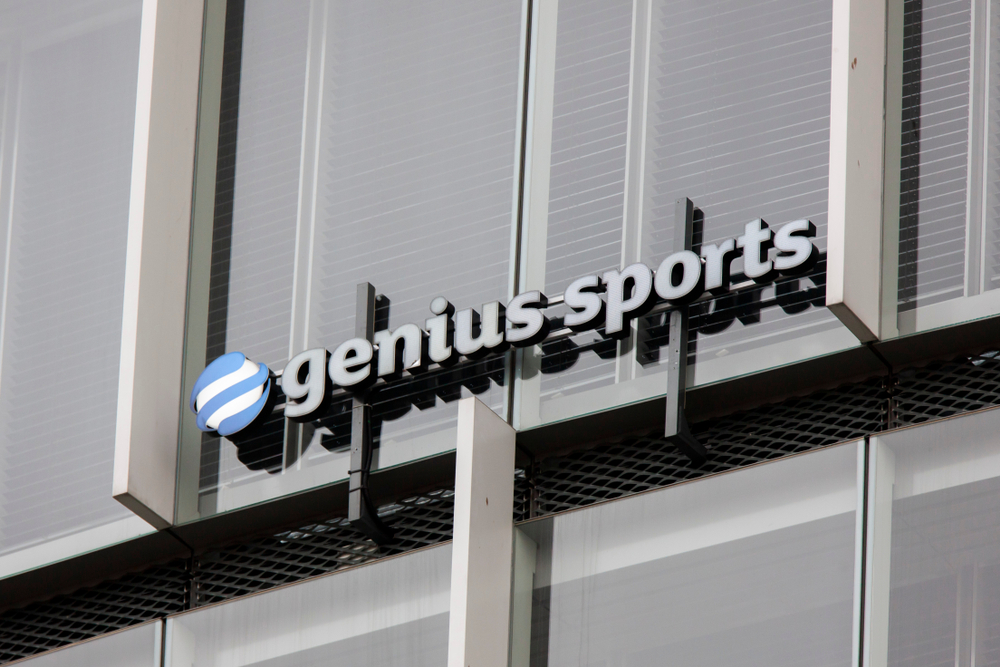The Commission has initiated infringement proceedings against a Maltese law that protects the online gambling industry from cross-border disputes. Malta supports its system for iGaming rules after the European Commission decided to initiate infringement proceedings over Article 56A of the Gaming Act, formerly known as Bill 55. Officials say Article 56A restricts the upholding of some foreign court decisions against gaming businesses that have licenses from Malta.
The main problem is with legal cases filed by companies in Austria and Germany. These law firms claim that Malta-based gaming businesses are operating in those two countries without the proper licenses. To make their cases, the firms combine claims about the money people lost while gambling and file lawsuits against operators working under licenses from the Malta Gaming Authority (MGA).
Malta Defends iGaming Licensing Model as Compliant with EU Law
Malta explains that its licensing approach, known as the point-of-supply principle, requires businesses to follow the rules where the service originates. Malta explains that this method fits EU law properly. After receiving the Commission’s Letter of Formal Notice, the MGA explained that Article 56A does not protect any European court orders or lawsuits for every Malta-licensed business. “Article 56A does not make it impossible to enforce European judgments on gaming companies from Malta, and it does not stop legal action against them in Europe,” the MGA said.
Malta also made it clear that the law follows existing EU laws, such as the order public part in the Brussels I Recast Regulation (EU 1215/2012). What Malta does is write its online gaming public policy directly into law. By working under EU law, Malta has consistently stated that its own iGaming rules align with the guidance from the Court of Justice of the European Union (CJEU). These rules also align with the fundamental freedoms enshrined in the Treaty on the Functioning of the European Union (TFEU), which include the rights to provide services and establish businesses.
Malta Reaffirms Commitment to EU Principles in Defense of Online Gaming Law
The MGA stated that Malta develops its gaming policy by adhering to these EU principles. Malta’s view is that any kind of stop, either obvious or hidden, on the right to offer services or set up other businesses in the EU goes against what the CJEU has said. This would block how companies enter different Member State markets and affect trade. If countries allow these barriers to continue, it will make the single market work less effectively. That would also limit how companies in Malta and all Member States provide their services. For more than 20 years, Malta has consistently opposed stringent regulations related to online gaming that do not align with public policy.
The national government of Malta also said the same. They highlight that the law does not add new reasons to turn down any court decisions from another EU country. Instead, Malta utilizes the law to update its existing public policy regarding online gaming. The government stated that it will provide a comprehensive response to the Commission within two months and will continue to engage in open discussions.

 Companies
Companies 